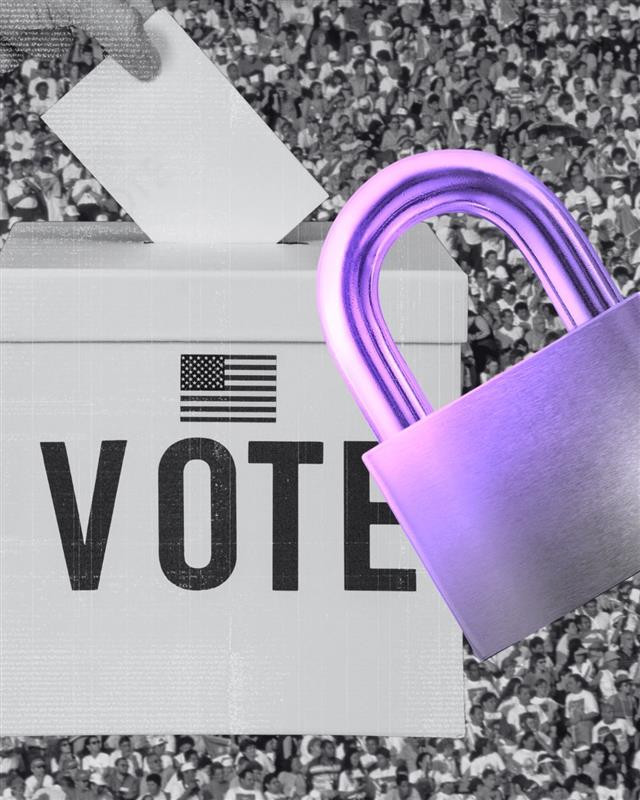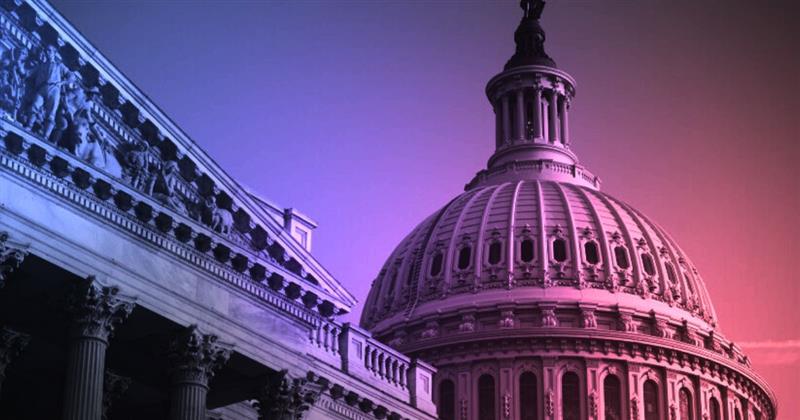America may triumph over a plague of political violence if we reject the extremism offered from both sides of the aisle.
The Big Picture: America Is at a Crossroads
“American lawmakers are unsafe in the confines of their own home.”
That chilling sentence, sadly, reflects where we are today. Political violence in the United States is no longer rare—and it’s escalating. While the nation’s founding era included targeted resistance, in a system rooted in ordered liberty, political violence is neither justifiable nor patriotic.
A Surge in Violence, From Lawmakers to Private Citizens
In June 2025, a man stalked Minnesota State Rep. Melissa Hortman and state Sen. John Hoffman in two separate incidents. Rep. Hortman was assassinated in her home. Just weeks later, Pennsylvania Governor Josh Shapiro was targeted when Molotov cocktails were thrown into the governor’s mansion while his family slept inside.
This year also saw civilian-targeted political violence:
- Two individuals were shot and killed after a Jewish community event in Washington, D.C., focused on humanitarian aid for both Gaza and Israel.
- In Boulder, Colorado, an Egyptian national used a flamethrower on demonstrators raising awareness for Israeli hostages still held in Gaza. He admitted to planning the attack for over a year out of hatred for “Zionists.”
These weren’t random acts of violence. They were politically motivated and premeditated.
How America’s Leaders Are Fueling the Fire
Political violence doesn’t happen in a vacuum. It grows in the shadow of irresponsible rhetoric from political leaders.
Even Chief Justice John Roberts has spoken out, urging elected officials to tone down rhetoric on both sides of the aisle. The stakes are high: in April, a man pleaded guilty to attempting to assassinate Supreme Court Justice Brett Kavanaugh at his home.
The Independent Lens: Why This Moment Matters
A survey by the Independent Center found that 68% of likely voters in key battleground states were concerned about election-related violence heading into 2024. That concern is likely to grow as the 2026 midterms approach.
The memory of January 6, 2021, still looms large, and violence continues to divide and weaken trust in our democratic institutions.
But there is a path forward—and independent voters are uniquely positioned to lead the way.
What Is an Independent in Politics?
An independent voter is someone who doesn’t affiliate with a political party and evaluates candidates based on character, competence, and values—not party loyalty.
Unfortunately, many Americans confuse independent voters with members of an “independent party.” There is no independent party. The Independent Center is a movement, not a political party. We support political independence, not partisan alignment.
How Do Independents Generally Vote?
Many independent voters embrace split ticket voting—choosing candidates from different parties within the same election. This flexibility lets voters reject the political extremes and vote for individuals who represent common-sense solutions.
In fact, a growing number of Americans identify as independent—43% of the electorate, according to Gallup. And split-ticket voting is on the rise again after record lows in 2016 and 2020.
Broad Trends: Independents Are Making the Difference
From Georgia and North Carolina to Florida and beyond, independent voters have become pivotal decision-makers in national elections. In fact, our battleground-state polling showed that independent voters are the largest voting bloc in several swing states—and they are deeply concerned about political violence, misinformation, and polarization.
Split-ticket voting gives them the power to vote beyond party lines and choose leaders who prioritize safety, lawfulness, and cooperation.
Final Thought: Rejecting Extremism Starts With Independent Thinking
Political violence is a threat to democracy. But we can reverse this trend—not by retreating into partisanship, but by embracing political independence.
By voting independently, especially through split ticket voting, Americans can reject the extremes from both major parties and rebuild our political discourse on shared values, rule of law, and mutual respect.
If you’re one of the millions of Americans asking “how do independents generally vote?” or “what is an independent in politics?”, now is the time to raise your voice.


.jpeg)


.jpg)